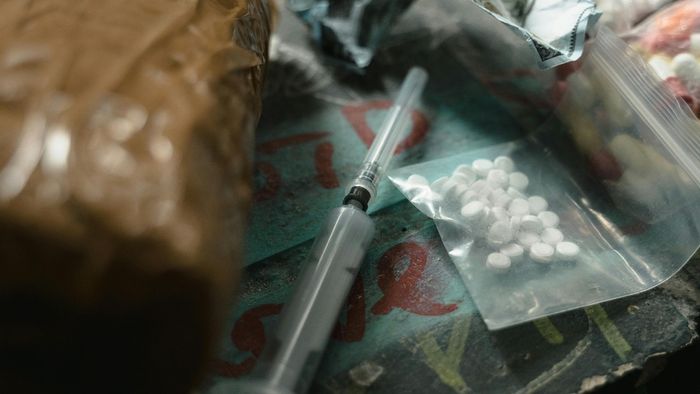Meghalaya minister reveals covert drug trafficking investigation amid planned protests
Meghalaya's Home Minister unveils a secret probe into drug trafficking as protests highlight the region's escalating drug issues. The government urges calm and cooperation from the public while assuring serious commitment to tackling the menace.

- Oct 25, 2024,
- Updated Oct 25, 2024, 12:11 PM IST
State authorities are tracking professional drug traffickers and their supply chains across Meghalaya, Social Welfare Minister Paul Lyngdoh disclosed on October 24, as youth groups prepare to protest the government's anti-narcotics efforts.
"We have leads to their hideouts," Lyngdoh said, defending the government's largely behind-the-scenes approach. "These are highly sensitive operations that cannot be publicly detailed."
The minister's comments came ahead of a planned November 8 protest march to the state secretariat by the Hynniewtrep Youth Council (HYC). The organisation aims to present seven demands addressing what they see as inadequate implementation of anti-drug programs.
While acknowledging mounting public pressure, Lyngdoh emphasised that covert operations are showing results. "To casual observers, it might seem we're not doing enough. But we're better positioned than ever to combat this menace effectively."
The government plans to strengthen its response by expanding powers for the Anti-Narcotics Task Force (ANTF), with specific proposals to be discussed with the Deputy Chief Minister overseeing police operations.
Lyngdoh maintained that NGOs have the right to demonstrate, provided they operate within legal boundaries. "We have no issues with NGOs doing what they must, as long as they don't cross legal barriers."
The drug crisis poses a growing challenge for Shillong, recently named India's most preferred tourist destination. Tourism officials project a 70% increase in visitors by 2025, adding urgency to the government's efforts to address drug trafficking.
The HYC has criticised the slow rollout of the state's Drug Reduction, Elimination, and Action Mission (DREAM), calling for more decisive action against drug-related issues, including the rising number of single-parent families affected by addiction.